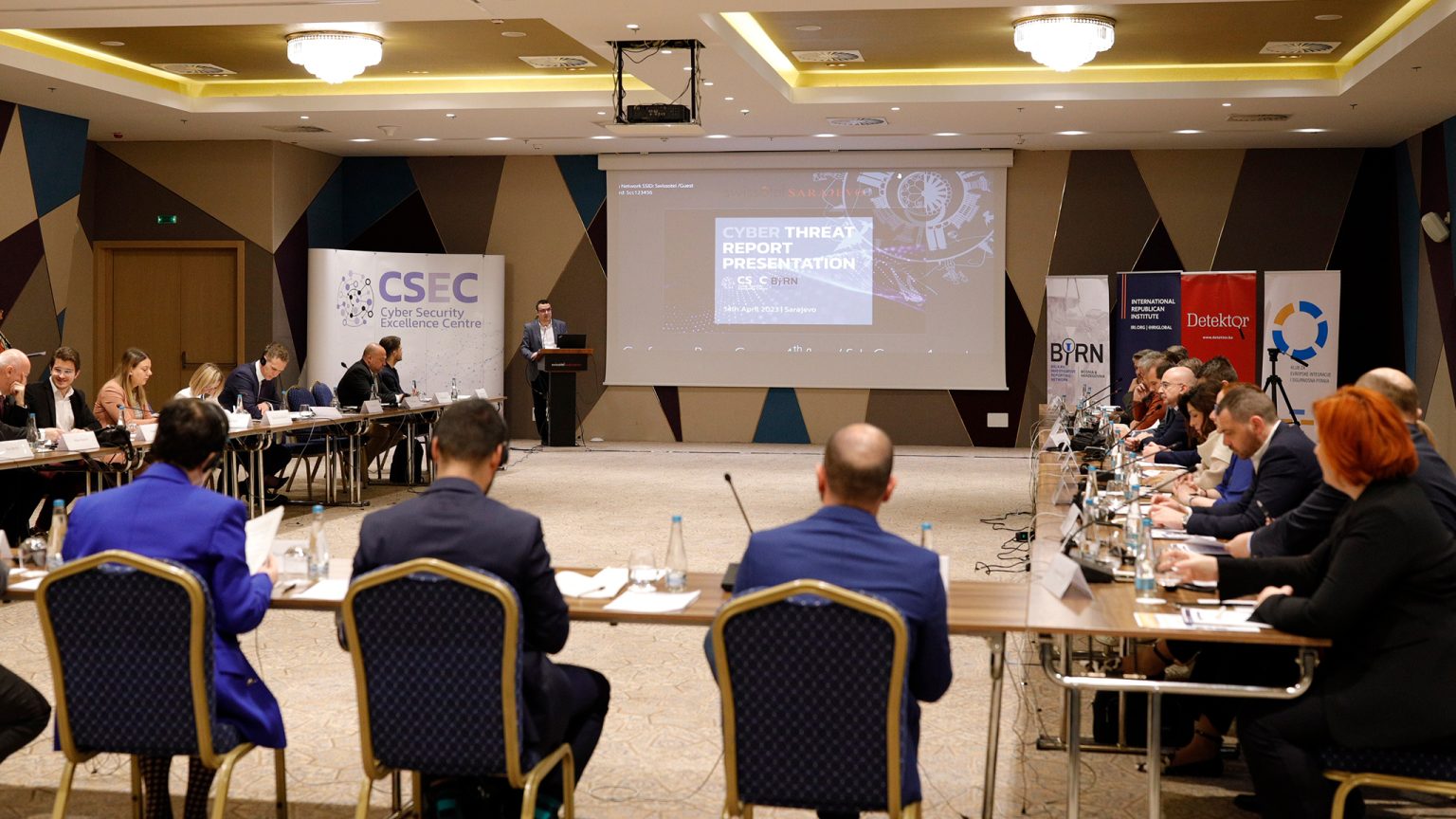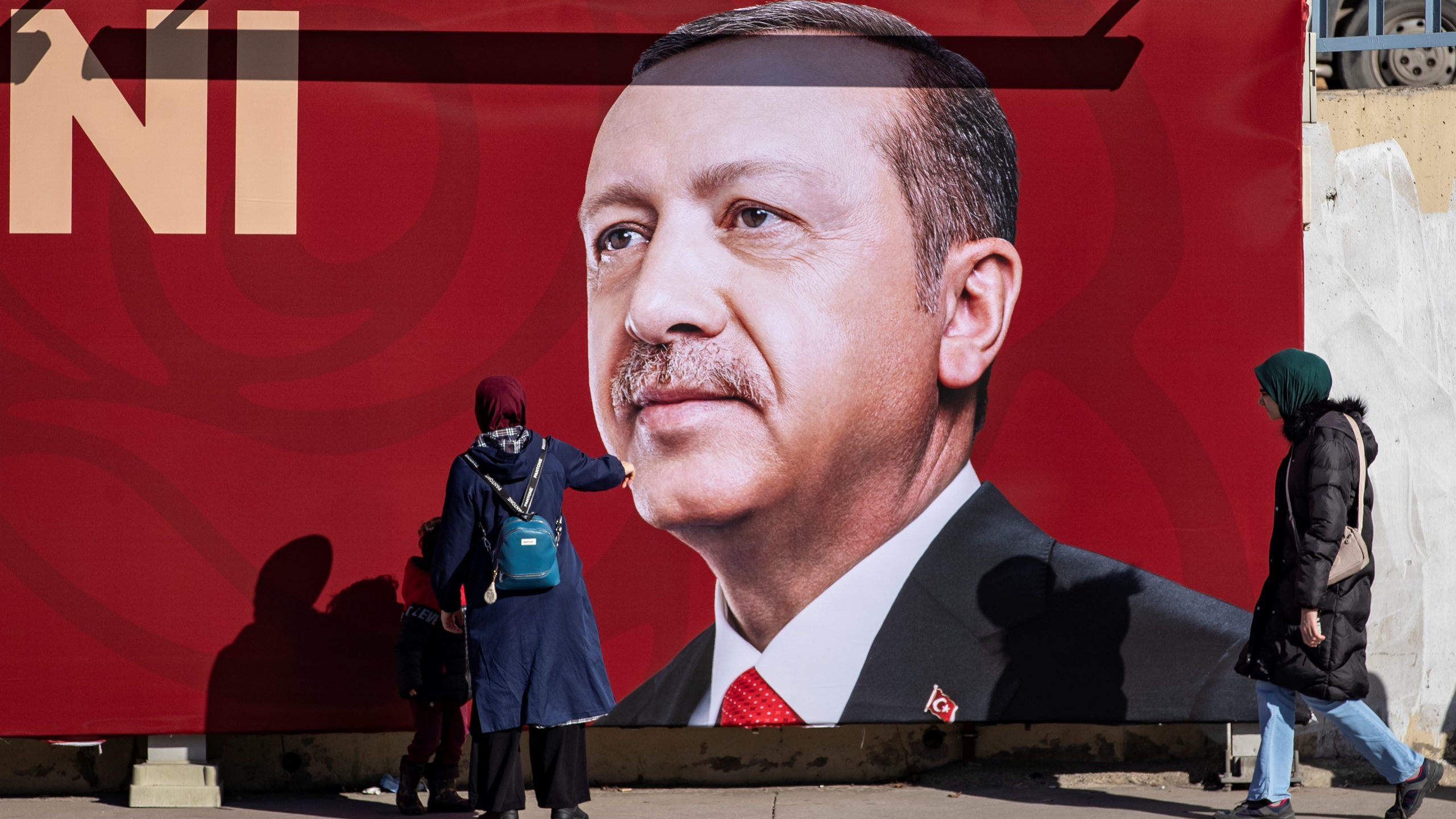The first report on cyber threats in Bosnia and Herzegovina has said the country is facing millions of cyber attacks each month, while lacking the strategies, legislation and capacity to protect its citizens, institutions and companies.
“During November 2022, a wide range of targets were subject to over 9.2 million distinct cyber attacks recorded in Bosnia and Herzegovina,” it was said on Friday during a presentation of the report compiled by the Center for Cybersecurity Excellence, CSEC, and BIRN.
With the help and support of the United Kingdom, CSEC monitored the number of attacks using two devices that simulate a digital target.
The most common form of cyber attacks recorded were distributed denial-of-service attacks, or DDoS, which aim to disable or disrupt the functioning of IT systems by bombarding them simultaneously from many different sources.
“This report also highlights the lack of adequate computer emergency response teams, CERTs, as a key problem in Bosnia, along with the prolonged absence of an effective legislative framework,” it was added during the presentation before the parliament of Bosnia and Herzegovina, whose systems were targeted in attacks in September last year, as well as IT experts and lawmakers.
CSEC recorded 3.8 million DDoS attacks in Bosnia in November last year alone, with media outlets being frequent targets. In addition to DDoS attacks, attackers often attempted to control computers, as well as exploit various databases and devices with Android operating systems.
However, since only two devices were used to monitor the attacks, the coverage of this threat report is not comprehensive, and it is assumed that the total number of attacks is far higher.
An updated threat report will be published every six months, providing the latest assessment of trends in the field of cyber threats and practical advice on how to protect against them.







